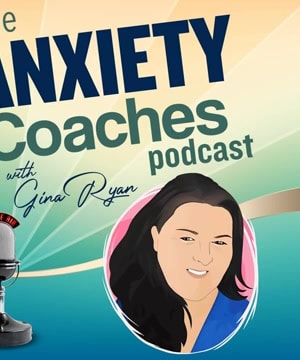negative effects of over stimulation
Sources:
Overstimulation can have various negative effects on mental health and overall well-being, often involving both psychological and physiological responses. Here are some insights from experts on this issue:
-
Dependence on Stimulation: Regularly relying on high-stimulation activities like social media, certain foods, or intense music can increase your baseline need for stimulation to feel pleasure. This dependency can make it difficult to enjoy simple, everyday joys and can lead to a loss of personal power when pleasure becomes tied to external stimuli rather than internal contentment. Mindfulness and intentional reduction of stimulation can help maintain lower pleasure set points and improve daily happiness 1.
-
Cognitive Effects: Starting your day with overstimulation, such as checking social media or incessant notifications, can impair your focus and attention span. Over time, this habit can rewire the brain to prefer quick dopamine hits over long-term gains, making it harder to concentrate on meaningful tasks. Scheduling time for indulgence after completing important work can help mitigate these effects and restore cognitive balance 2.
-
Anxiety and Physical Symptoms: Overstimulation is closely linked to anxiety, sharing symptoms like difficulty sleeping, digestive distress, irritability, and sensory overloads (like sensitivity to loud noises or strong smells). Managing screen time and recognizing these signs are crucial steps to combat these feelings and find relief 3 2.
-
Societal Expectations and Technological Impacts: The constant connectivity demanded by modern life can lead to frequent interruptions and stress, potentially overwhelming our mental resources and leading to increased heart rate and blood pressure. Reducing digital overload and setting boundaries for availability can help in managing this stress 4.
-
Depression and Withdrawal: Overstimulation can condition the brain to a constant high of neurotransmitter activity, like dopamine. When the stimulation decreases, it often leads to withdrawal symptoms like depression. This pattern is sometimes seen in returning soldiers or in people constantly exposed to intense media or emotional content 5.
Cal Newport suggests a straightforward solution to overcoming overstimulation: eliminate the major sources, such as social media, from your life where possible. This abstention helps improve your ability to think and maintain focus effectively 6. By recognizing and managing triggers, implementing healthy coping mechanisms, and reducing dependency on external stimuli, individuals can better protect their mental and emotional well-being.
RELATED QUESTIONS-
